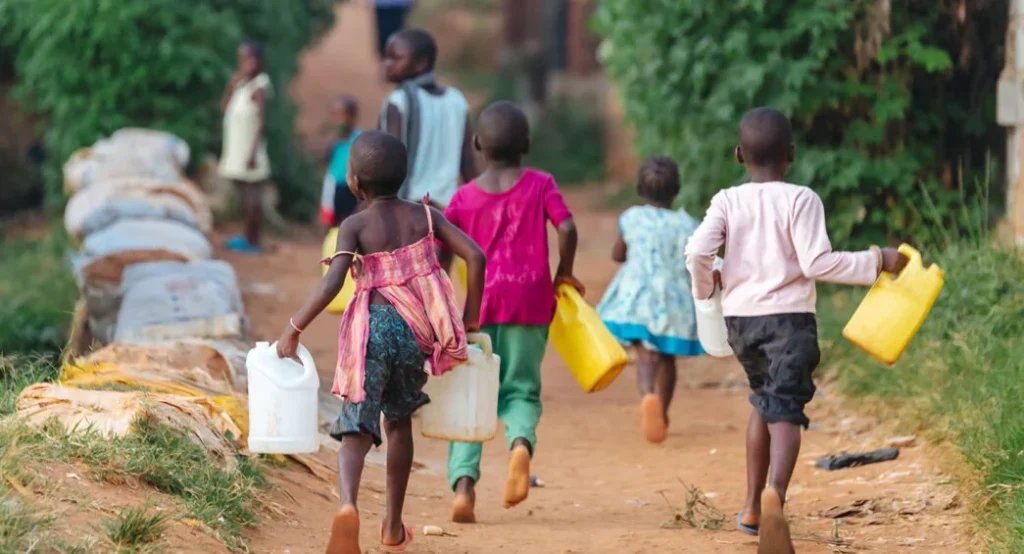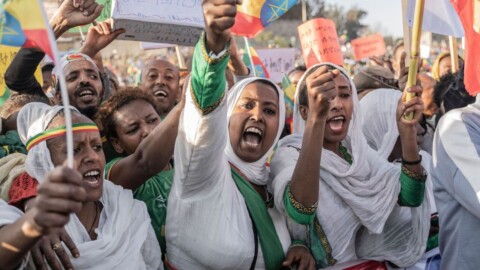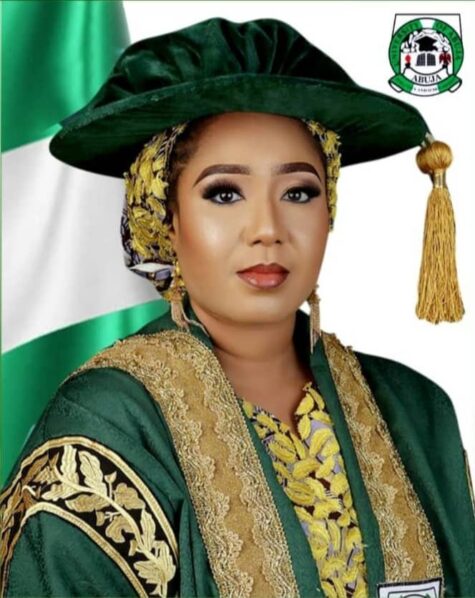A call has been made for the federal and state governments to establish more schools to accommodate the growing number of out-of-school children in Nigeria.
Tokunbo Yakubu-Oyinloye, director at the Federal Education Quality Assurance Service (FEQAS), emphasized the need for collaboration between the two levels of government to expand access to education. Speaking in Lagos on Sunday, she highlighted the importance of education quality assurance in maintaining standards at the sub-tertiary level.
Segun Olawole, an engineer, also stressed the need for a multi-faceted approach to addressing the crisis. He urged the government to increase education funding and allocate more resources to tackle out-of-school syndrome, noting that the number of children without access to education continues to rise despite ongoing efforts.
A teacher from Mulero High School in Agege, Lagos, who preferred to remain anonymous, pointed to poverty, conflict, and cultural barriers as key factors contributing to the problem. He recommended the establishment of alternative education programmes, such as non-formal education and vocational training, to provide learning opportunities for children outside the traditional school system.
Adetoro Habeeb, a school principal, suggested government and community collaboration to curb the crisis. He advocated for community-based initiatives that offer education and skills training, as well as financial support measures like conditional cash transfers and scholarships to help families send their children to school.
According to UNICEF, one in every three Nigerian children is out of school, with 10.2 million at the primary level and 8.1 million at the junior secondary level. UNESCO data estimates the total at 28 million, with 19.5 million in rural areas and 8.5 million in urban areas.
To address this, the federal government introduced a 2024–2027 education reform roadmap, which aims to reduce the number of out-of-school children by 25% annually, reabsorbing 15 million children by 2027. The plan includes setting up accelerated basic education centres in each state, training teachers on a specialized curriculum, and launching open school schemes to provide basic skills and entrepreneurship training for over-age children.
The government also plans to integrate Islamic schools into the formal education system, incorporating literacy and numeracy lessons. Additionally, a new definition of out-of-school children is being considered, which could exclude those receiving Islamic education.
At the third 2025 ministerial press briefing in Abuja, Education Minister Tunji Alausa announced plans to reconstruct 195,000 classrooms and build 7,000 new ones by 2027 to enhance the country’s education sector.





